
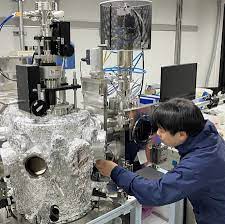
Tokyo Institute of Technology:
Specially Appointed Associate Professor Satoshi Hori
Specially Appointed Professor Ryoji Sugano
of the Scientific All-Solid-State Battery Research Center.
We have developed a thick-film positive electrode
with a thickness of 1 mm for all-solid-state batteries.
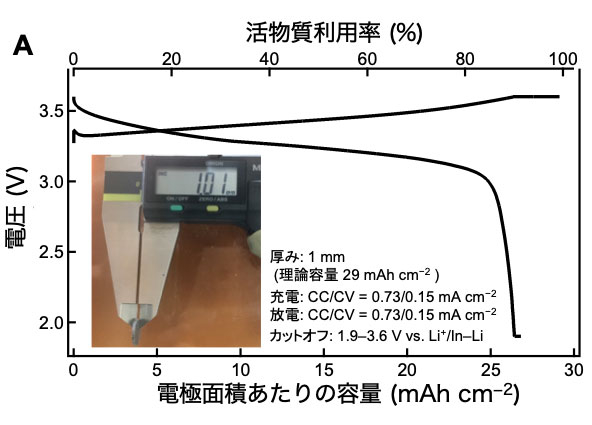
Electrode capacity:
Not less than 25 milliampere hours per cubic centimeter.
The electrode capacity has increased to 1.8 times that of conventional products.
Fabrication of the new electrodes uses a simple dry process.
The new electrode is superior in terms of cost and safety.
This is a step towards the industrialization of all-solid-state batteries. 。
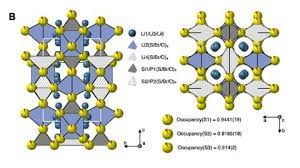
Crystal structure of the basic composition of the new material discovered this time
(provided by Tokyo Institute of Technology)
Solid electrolyte with the world’s highest conductivity:
This time,
we have developed a super lithium ion conductor.
It is the world’s highest conductivity solid electrolyte.
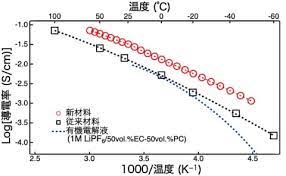
Comparison of conductivity of conventional and new materials
A new solid electrolyte:
Conventionally, some elements such as lithium, germanium, and phosphorus sulfide have been used.
This time, these were replaced with silicon, bromine, and oxygen.
We have developed a super-lithium ion conductor as a new solid electrolyte.
The ionic conductivity is 32 mm Siemens per cm.
“The conductivity is 2.3 to 3.8 times higher than that before substitution.”
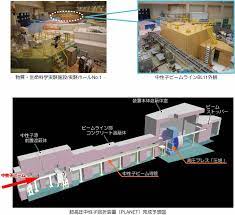
Neutron diffraction crystal structure:
The crystal structure was investigated by neutron diffraction.
Oxygen, bromine and sulfur are present in equal proportions at the anion position.
With this crystal structure,
it is easy for lithium ions to move in and out.
Even if the thickness of the electrode is increased to 1 mm,
90% of the theoretical capacity can be obtained.

Top-class capacity per area:
at 60 degrees C,
The current density is 10 milliamps per square centimeter,
The capacity is 20 milliamp hours per square centimeter.
The capacity per area is top class.
Use of this achievement:
The results were published in the US scientific journal “Science.”
The technology is
“key to the success of electric vehicles and smart grids.”
It also brings
“new guidelines for next-generation power storage devices.”
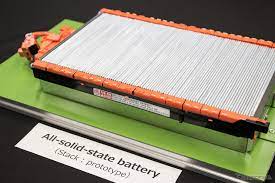
Here’s what the internet has to say about this article:
All-solid-state battery technology from Japan:
Recently,
Japan’s all-solid-state battery technology has come to the fore. Originally,
SONY was the first company in the world to commercialize lithium-ion batteries.
The same is true for transistors and magnetrons.
Now, the core technology itself is being developed in Japan.
The issue is cost reduction for global expansion.
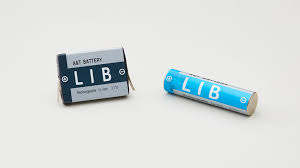
Lithium batteries, LED lighting, etc.:
Japan has devised many wonderful inventions and developments.
But it is China and South Korea that are making the money.
Japanese government ministries:
The bureaucrats of the Ministry of Economy, Trade and Industry are all hard-headed officials.
To make matters worse, many are technically illiterate.
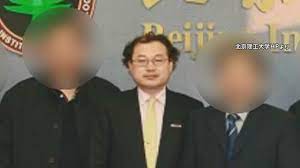
Japan’s confidential information management is important:
No Chinese researcher participated in this development, right?
Chinese researchers are now always mixed
in with Japan’s advanced science and technology research.
Like the US, shut it down.
https://news.yahoo.co.jp/articles/2c4debc86299644428c90d6185ea75815fdfa248/comments